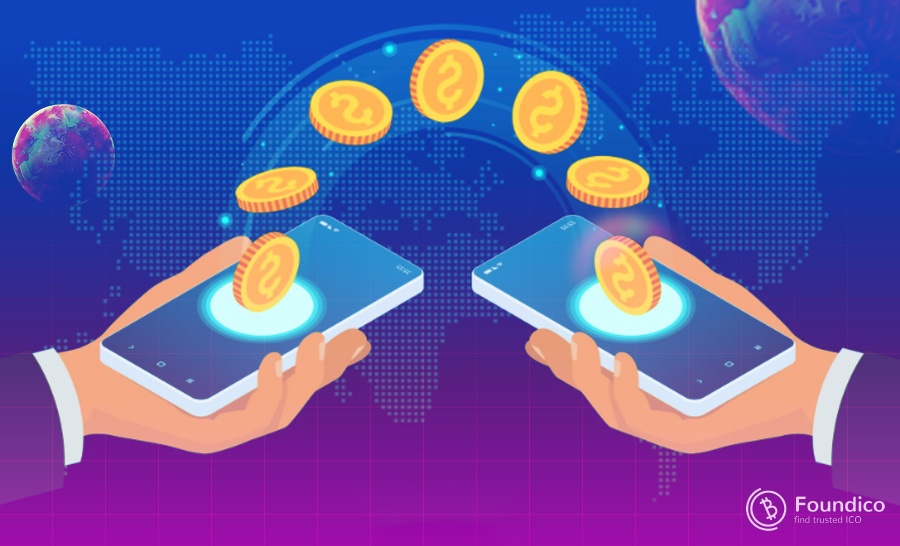Transforming Global Transactions: Replacing SWIFT with Blockchain and Token-Based Systems

The global financial landscape has experienced profound changes in recent years, driven primarily by digital innovations. One area ripe for disruption is the traditional system of cross-border transactions, mainly overseen by the Society for Worldwide Interbank Financial Telecommunication (SWIFT). While SWIFT has been a reliable platform, criticisms regarding high costs and occasional transaction delays have emerged. Enter blockchain and token-based systems, offering the potential to revolutionize the approach to cross-border money transfers.
Exploring the Current Landscape: SWIFT's Mechanism
SWIFT facilitates the majority of international bank transactions by transmitting payment orders that must be settled through correspondent accounts between institutions. While secure, this system exhibits inefficiencies such as extended transaction durations and elevated fees due to multiple intermediaries.
Embracing the Blockchain Alternative
Blockchain technology introduces a decentralized ledger system where transactions are verified by a network of computers or "nodes," eliminating reliance on a single central authority or middleman. This system offers the potential to:
• Enhance transparency: Every transaction is recorded on a visible ledger accessible to all network participants.
• Elevate security: Transactions are encrypted and require consensus before inclusion in the blockchain.
• Reduce costs: The elimination of intermediaries leads to significant cost reductions.
• Expedite transactions: Cross-border transfers can be settled in minutes or seconds rather than days.
The Promise of Token-Based Systems
Tokens can represent various assets or utilities. In the context of international money transfers:
• Stablecoins (tokens pegged to fiat currency values) offer trade facilitation without the volatility associated with cryptocurrencies like Bitcoin.
• Utility tokens provide access to specific networks or services.
Real-World Applications: Ripple as a Case Study
Companies like Ripple are already implementing these innovative solutions. Ripple uses its decentralized ledger to enable real-time cross-border transfers at reduced costs. Its native token, XRP, serves as a bridge currency to facilitate trade.
Navigating Challenges
• Regulatory considerations: Establishing a global regulatory framework is essential to ensure widespread acceptance and authority of token-based systems.
• Interoperability: Different blockchain systems must seamlessly interact for broad adoption.
• Scalability: Ensuring the technology can handle increased usage as more users adopt blockchain systems is crucial.
Paving the Way Forward
Replacing SWIFT with blockchain and token-based systems signifies more than a technological shift; it represents a profound transformation in global finance operations. This transition promises a world where transactions are swifter, more economical, and transparent.
For this transition to succeed, cooperation among technology providers, financial institutions, regulators, and stakeholders is essential. With visionaries worldwide pushing the boundaries of what is achievable, the emergence of this new era in cross-border transactions is not a question of "if" but "when."
The views and opinions expressed in this article are those of the author, Pooyan Ghamari, and do not necessarily reflect the official policy or position of any affiliated agencies or institutions.
Author: Pooyan Ghamari, Swiss Economist & Visionary




